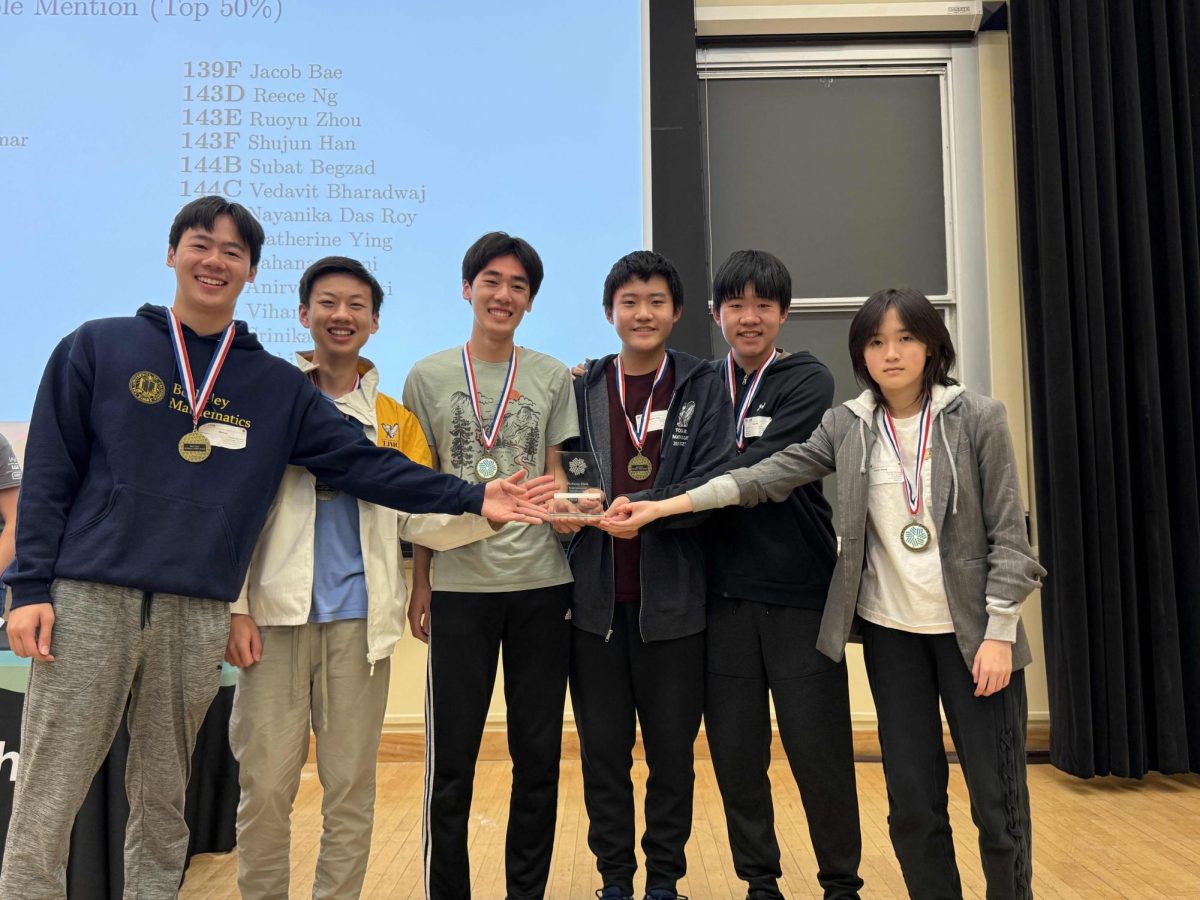Sitting in the car, my mother asked me to define English words for her, some of which I could barely put into words as I thought they were such simple words with no need to know its formal meaning.
I quickly resorted to Google, typing rapidly to ease my mother’s curiosity and partly as I jokingly asked her how she could not know these words if she was an English major in college.
That moment has been repeated in many conversations with my mother. I could never understand why, since I ignorantly thought that studying English in a foreign country — South Korea in my mother’s case — was synonymous to being fluent in the language.
But my mother’s story was different — it was dictated by one test.
Around the end of November 1984, my mother, Suk Toh, then a high school senior, walked into the most important test of her life: the College Entrance Strength Test, a Korean standardized test. Feeling extremely drowsy, my mother was unable to fully concentrate on the problems in front of her.
As it turns out, the culprit of her fatigue was a medicine she took the previous day for her aching stomach.
“The day before, I ate tteok (a type of rice cake) that gave me a digestion problem, so I could not sleep at all,” my mother said. “My mom gave me some relief medicine, but it was actually a sleeping medicine.”
Because of this, my mother received a much lower score than she expected, greatly decreasing her chance of getting into her first-choice college.
The Korean college scholastic ability test, an assessment infamous for its gruesome questions and life-altering effects, is now most commonly known as the Suneung. It contains information from 16 subjects, ranging from mathematics and English to home economics.
Staying true to its reputation, the Suneung’s results play a huge factor, along with a student’s GPA, in college admissions. This places great amounts of pressure on Korean students to perform well, resulting in stress and depression.
“We only had one test, one day and only one time,” my mother said. “If we failed to get into a college that year, then we had to study for another year without going to school.”
According to my mother, it was common to study for the Suneung every day for the entirety of high school. My mother and her classmates took their regular school classes from 7 a.m. until 4:30 p.m. and self-studied for the Suneung until 9 p.m. most days.
My mother planned to retake the standardized test, hoping to have a stronger chance to get into her first choice business school. But at her father’s advice, she ended up applying to and entering another college for its most well-acclaimed subject, a teaching credential in English, so she could attend college while preparing for her Suneung retake.
Unfortunately, my mother never changed colleges and ended up graduating from a college she did not want to enter with a major she disliked.
“When I got into my second-choice college, the students there were extremely smart, and I did not want to study extra.” my mother said. “So, I decided to continue going to that college.”
Though she received good grades for her major, she disliked English education, which primarily dealt with reading, analyzing literature and studying phonetics and linguistics.
“If I had the chance to have time to study again and go into the business college, I would have preferred it,” my mother said. “It was my first choice after all.”
As of now, my mother, while watching my sisters persevere through America’s own standardized tests — SAT or ACT — that are critical for college admissions, learned the prominent differences between the two tests.
While Korean students can only take the Suneung at one specific time during their senior year and once more the following year, American students are able to take the SAT or ACT throughout their entire high school and middle school career, having seven chances each year.
In addition, the SAT and ACT primarily centers around English and math ability, while the Suneung covers a wider array of topics that is much more in depth than the two standard subjects.
“You have to be more prepared and it’s definitely more stressful,” she said.
Yet, for my mother, the American system is much more effective for colleges since it tests only for the basics. In Korea, the test is an accumulation of everything a student learned in school: thus, he or she must do well in all subjects to get into a top school.
“To go to college, you only need to know the things fitting for your major, making America’s system nicer and easier,” my mother said. “But, for Korea’s system, even if you do well in subjects that you’re interested in, you can’t go to college if you aren’t good at everything else.”
Now, as I take that step forward into the world of SATs and ACTs, I cannot help but remember my conversations with my mother, feeling extremely lucky that a key part of my future will not be decided by just one test.




























